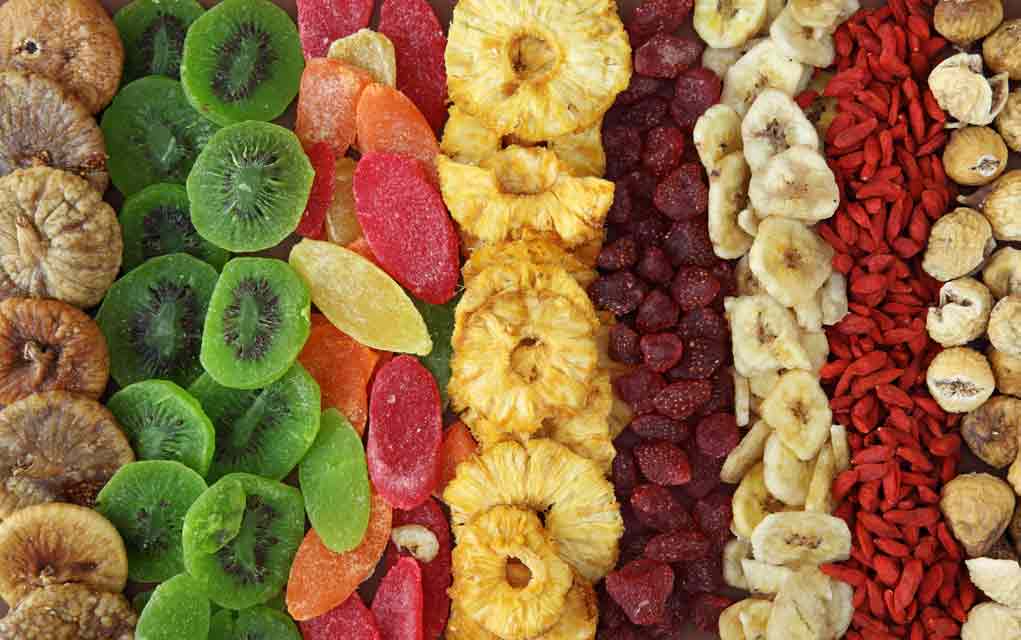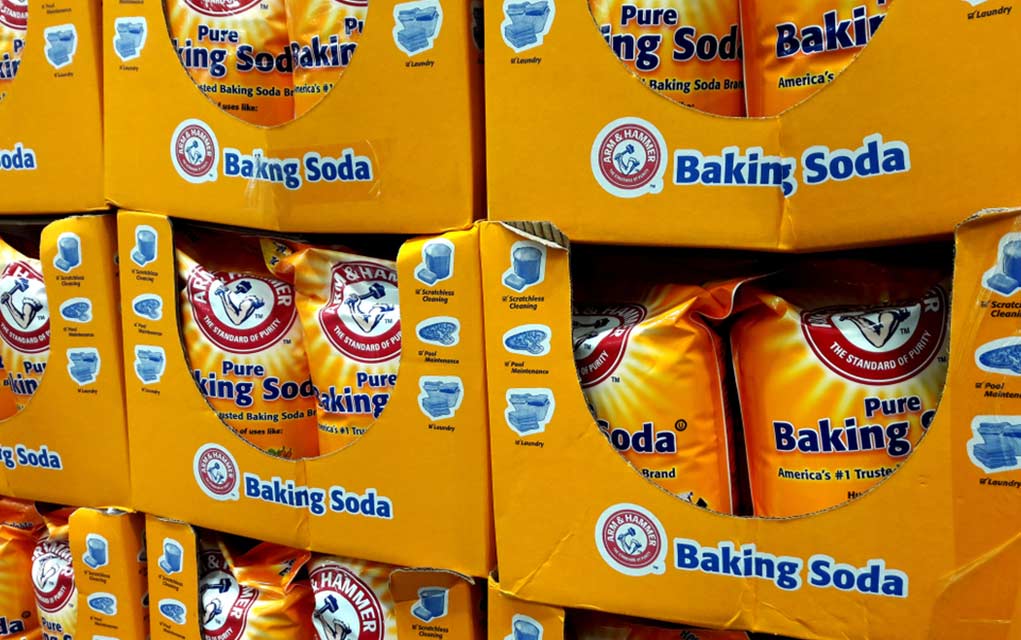(ModernSurvival.org) – Dried fruits are supposed to be good for the body, right? After all, fresh fruits are healthy. The truth is that the information available on dried fruits tends to be very conflicting. So, are dried fruits actually a healthy food choice? Read on to find out.
What is Dried Fruit?
Fruit that has undergone the process of dehydration to remove as much water as possible is considered a dried fruit. This process causes the fruit to shrink considerably, leaving behind a dense, energy-packed treat.
The most common dried fruits are raisins. However, there are a variety of dried fruits available for purchase, including dates, prunes, apricots, bananas, apples, cranberries, and pineapples, to name a few.
The Good
The most obvious benefit of dried fruit is that it lasts drastically longer than its fresh counterparts. Dried fruits are also packed with nutrients — roughly the same amount as the fresh variants, simply in a far more compact form.
According to healthline.com, dried fruit contains roughly three and a half times the amount of fiber, vitamins, and minerals than fresh fruit (by weight). There are some exceptions to this rule, however, such as vitamin C, which is reduced during the dehydration process.
Dried fruit also contains a large number of antioxidants, specifically polyphenols. These antioxidants may provide a number of benefits, such as increased blood flow and better digestion.
The Bad
Just as the dehydration process condenses the fiber, vitamins, and minerals, so too does it condense the calories and sugars in the fruit. While this may provide a needed boost in a survival situation, in day-to-day life, it can lead to weight gain, type 2 diabetes, and cardiovascular disease.
For this reason, dried fruit with added sugar is even worse for a person’s health. This variety is often referred to as “candied” fruit. It may taste good, but the adverse effects these candied fruits have on the body shouldn’t be overlooked. Not all dried fruits are so obviously loaded with added sugar as candied fruit, either. This is why checking the ingredient label is important.
Additionally, many manufacturers add preservatives called sulfates to their dried fruits in order to make them retain color. For some people, sulfates lead to a variety of miserable health conditions like asthma attacks, rashes, and stomach cramps.
In short, dried fruit is arguably better than snacking on a candy bar, but it isn’t quite as healthy as many would like to believe. The fact that dried fruits have a longer than average shelf life, and do have a condensed amount of nutritional content, makes them a candidate for a prepper’s pantry. To avoid the added sugar and preservatives, one could dehydrate their own fruit — just to be sure.
To see what other foods are recommended to store for an emergency, check out our article here.
~Here’s to Your Survival!
Copyright 2023, ModernSurvival.org













